Best mountain bike helmet under $100: affordable MTB helmets for trail riding
Safety can be affordable. These are the best mountain bike helmets under $100 that give you protection and style at a fantastic price
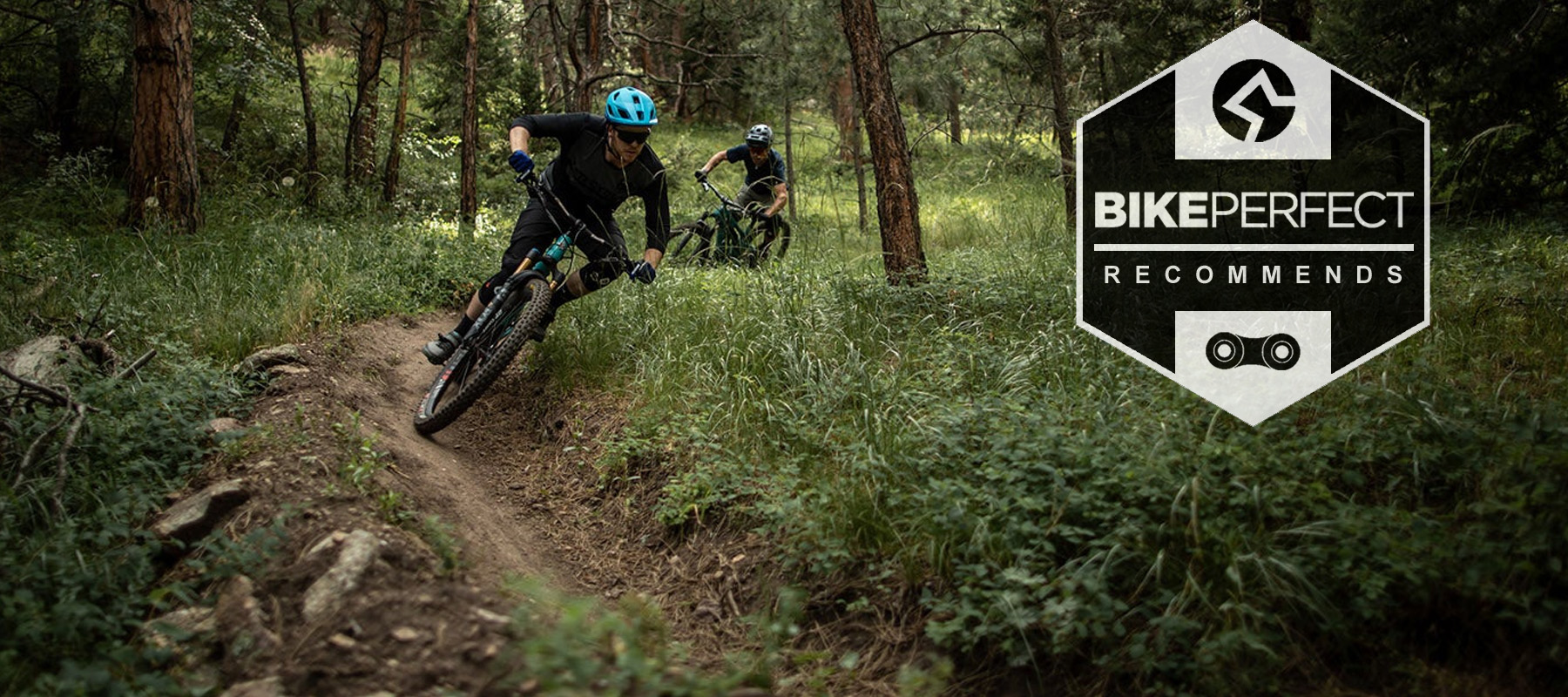
Helmets exist to keep you safe in a crash, but in reality you spend almost all your time not doing that. Hopefully, anyway... consequently helmets have other important functions, such as keeping you comfortable and cool, shielding your eyes and even storing goggles and glasses securely. Pick carefully and you can still get the best functionality for under $100 / £100.
The challenge for the designers is making all this work while conforming to the latest safety standards, without blocking ventilation or looking too odd.
Rotational impact protection layers such as MIPS are getting more common, and can now even be found for under $100 – impressive, and certainly worth the small weight and heat penalty.
Below are our picks for the best mountain bike helmets under $100. Though, if your budget is a little higher, you might want to check out our guide to the best mountain bike helmets available.
It's always worth looking for discounts on more expensive models, of course... which is why we've done it for you and rounded up today's best deals in our list of cheap MTB helmets. You're welcome!
And if you're looking for open-face helmets that give the deepest head coverage, don't miss our rundown of the best half-shell mountain bike helmets overall, either.
Best mountain bike helmet under $100
Why trust BikePerfect
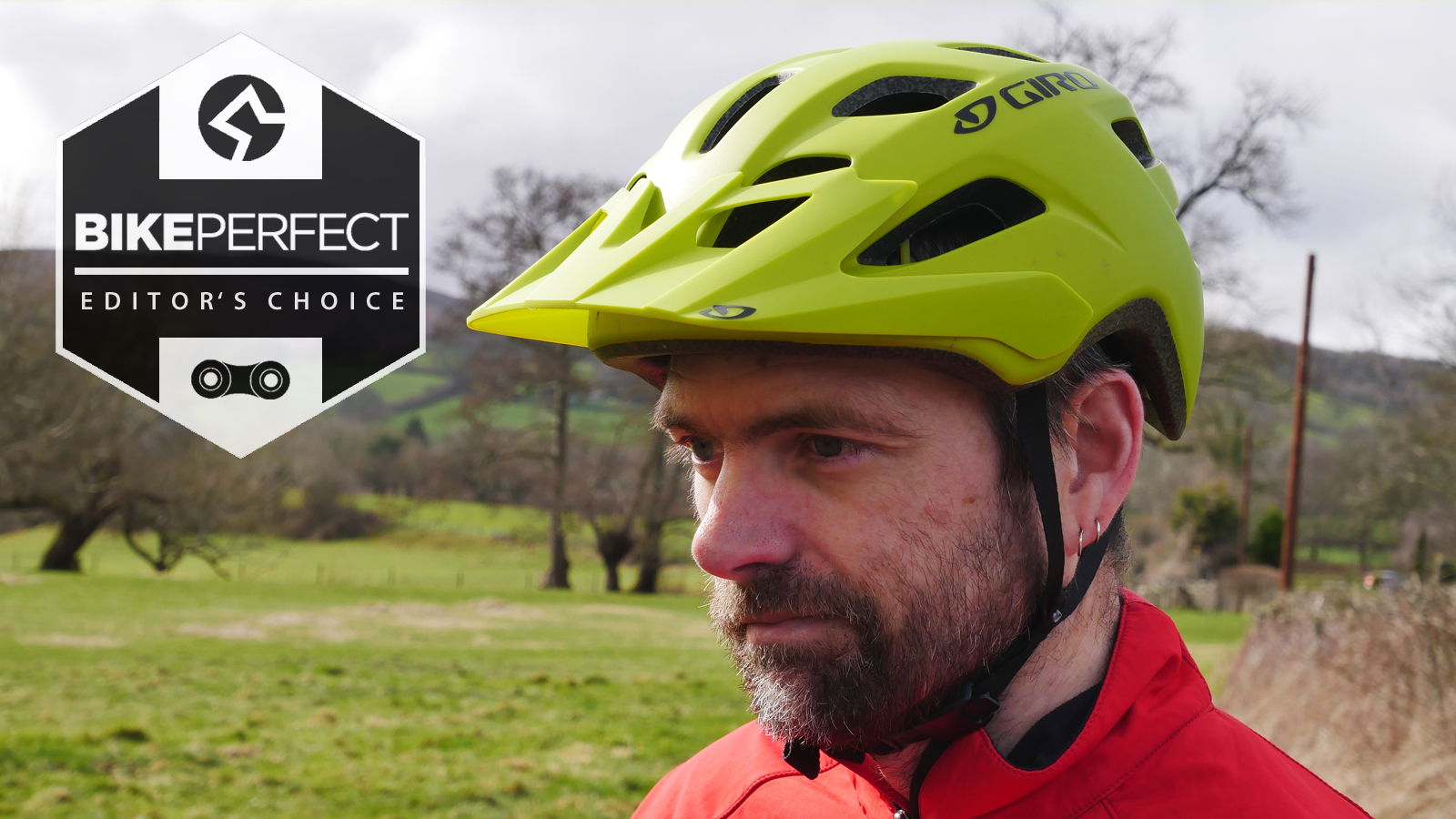
Specifications
Reasons to buy
Reasons to avoid
The Giro Fixture MIPS brings excellent safety features to a very attractive price point – and it's an attractive lid that comes in a lot of stylish colors, too.
It offers deep coverage for the back of your head, a breakaway visor and – of course – that MIPS liner. This allows the outer shell to twist independently of your head under glancing blows, and reduces the energies transmitted to your brain.
In testing, we found the venting does a good job of keeping your head cool, while the Roc Loc fit system makes adjusting comfort and getting a secure fit super-easy. All in all, this is a feature-packed helmet that comes at a great price.
For more info, check out our full Giro Fixture MIPS review.
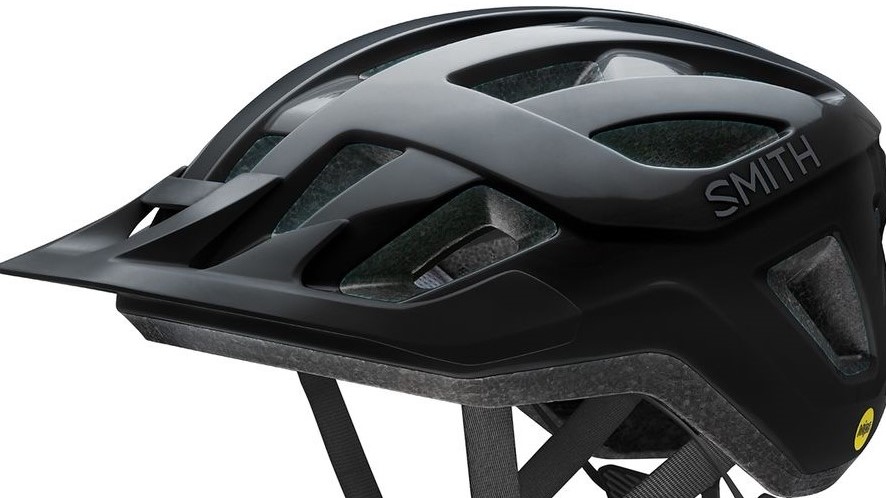
Specifications
Reasons to buy
Reasons to avoid
Smith premium helmets have strong design appeal, and while this one is at the lower end of the price range, it's had just as much attention. The Convoy trail helmet has a pleasing silhouette.
Under the skin the fit is excellent, and we found it worked well on a wide variety of head shapes. It feels airy despite the MIPs layer, and it's very adjustable too.
The peak isn't adjustable but it's well-placed, and the whole helmet (unsurprisingly given Smith's roots in optics) plays well with goggles and glasses. The only thing we thought gave away the price was the lack of hardshell under the lower rim to protect the foam, but the Convoy is not alone in this, and it's hardly a deal-breaker either.
Check out our full review of the Smith Convoy MIPS helmet.
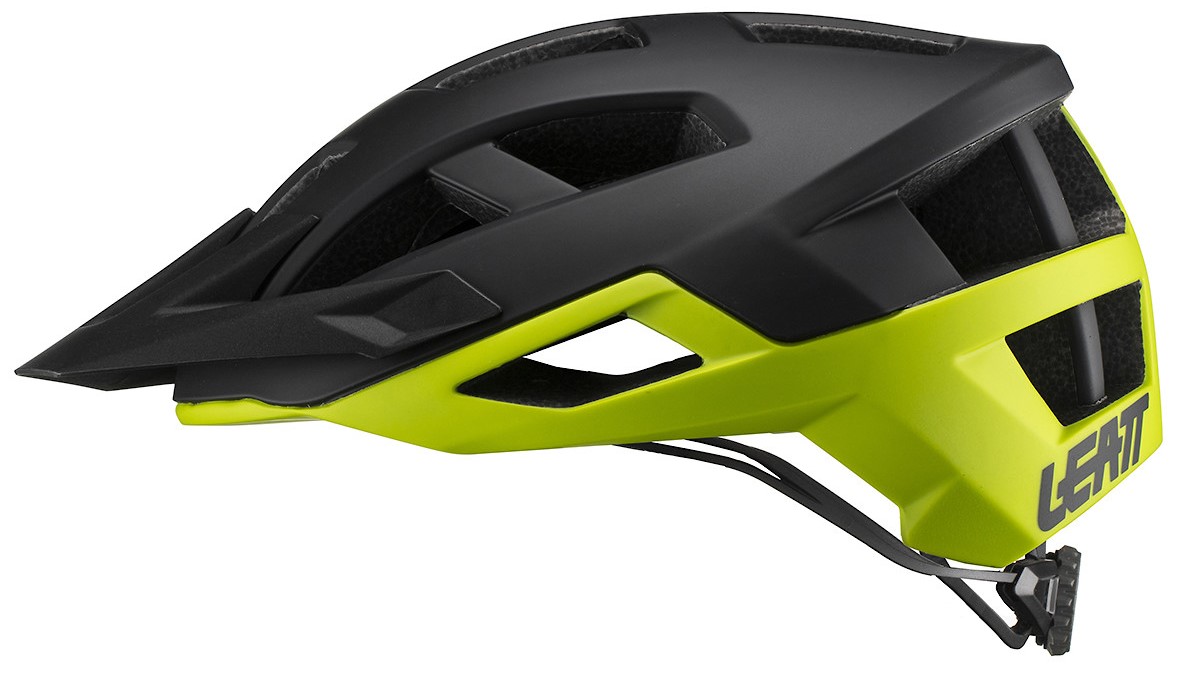
Leatt DBX 2.0
Specifications
Reasons to buy
Reasons to avoid
The South African protective specialists have shaped this trail helmet for extensive coverage at the base of the skull, but avoided blocking out too much cooling air – as you might expect, given where they test!
The 20 large ports and a moisture-wicking liner promise great heat management, even with the addition of a rotational impact damping system – in this case not MIPS, but Leatt's own Turbine Technology design.
Weight is competitive at 300g, and Leatt recommends this for trail, XC and even gravel use, which we think seems spot on. While the DBX name appears to have disappeared recently, the 'new' Leatt MTB 2.0 looks strikingly similar and offers the same spec.
We've yet to run a full review of the Leatt DBX 2.0, but you can read our verdict on the Leatt DBX1.0 AM and 3.0 AM helmets.
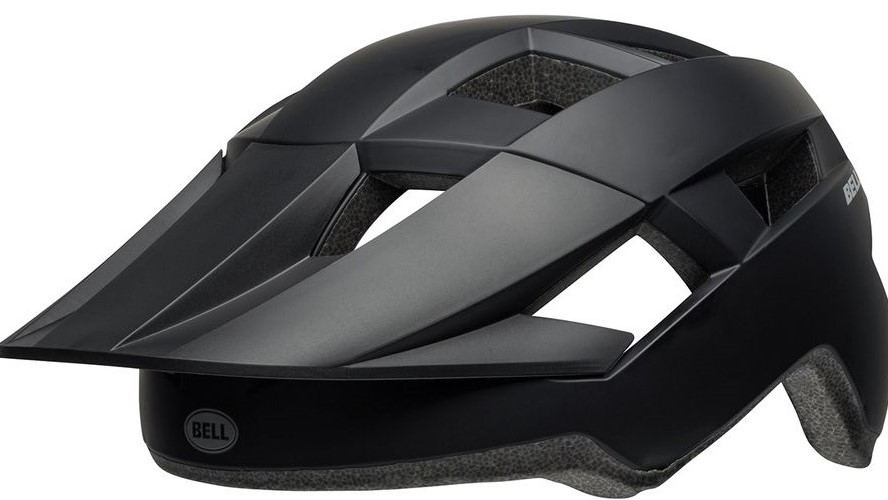
Bell Spark MIPS
Specifications
Reasons to buy
Reasons to avoid
The Spark is an aggressive-looking lid offering deep coverage and a reassuringly chunky build – and that always-welcome MIPS liner. Despite the low price, Bell has still integrated it with the helmet's retention system to reduce weight and height.
It's easily adjusted for comfort via the rear dial, the peak is a good size for blocking branches/sunlight and the vents, though relatively few in number, are big. With a choice of seven pretty cool color schemes, there should be something to suit most riders.
With a combination of MIPS and a solid structure, the Spark offers terrific value for the price. The visor is fixed, though, and with fewer vents than many of its rivals, this is a helmet that will run very hot on warm days.
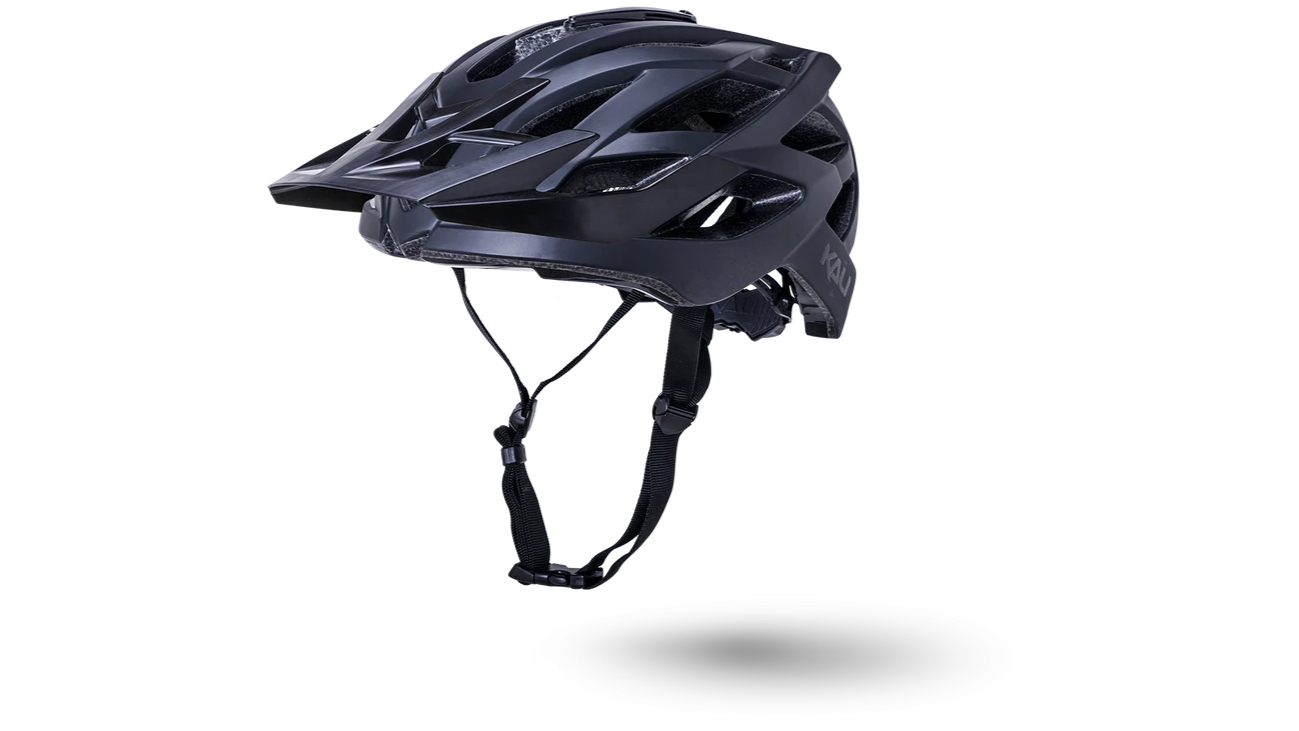
Kali Lunati
Specifications
Reasons to buy
Reasons to avoid
You will struggle to find a better-ventilated mountain bike helmet under $100 than this one from Kali. It has an amazing 25 vent ports to deliver the greatest possible airflow when you are edging slowly up that steep climb.
For riders who live in a semi-arid climate or regularly ride mid-day, this is an excellent helmet with fair head coverage.
It lacks a MIPS liner or truly adjustable visor, but if reducing heat discomfort is your priority, Kali’s Lunati is great.
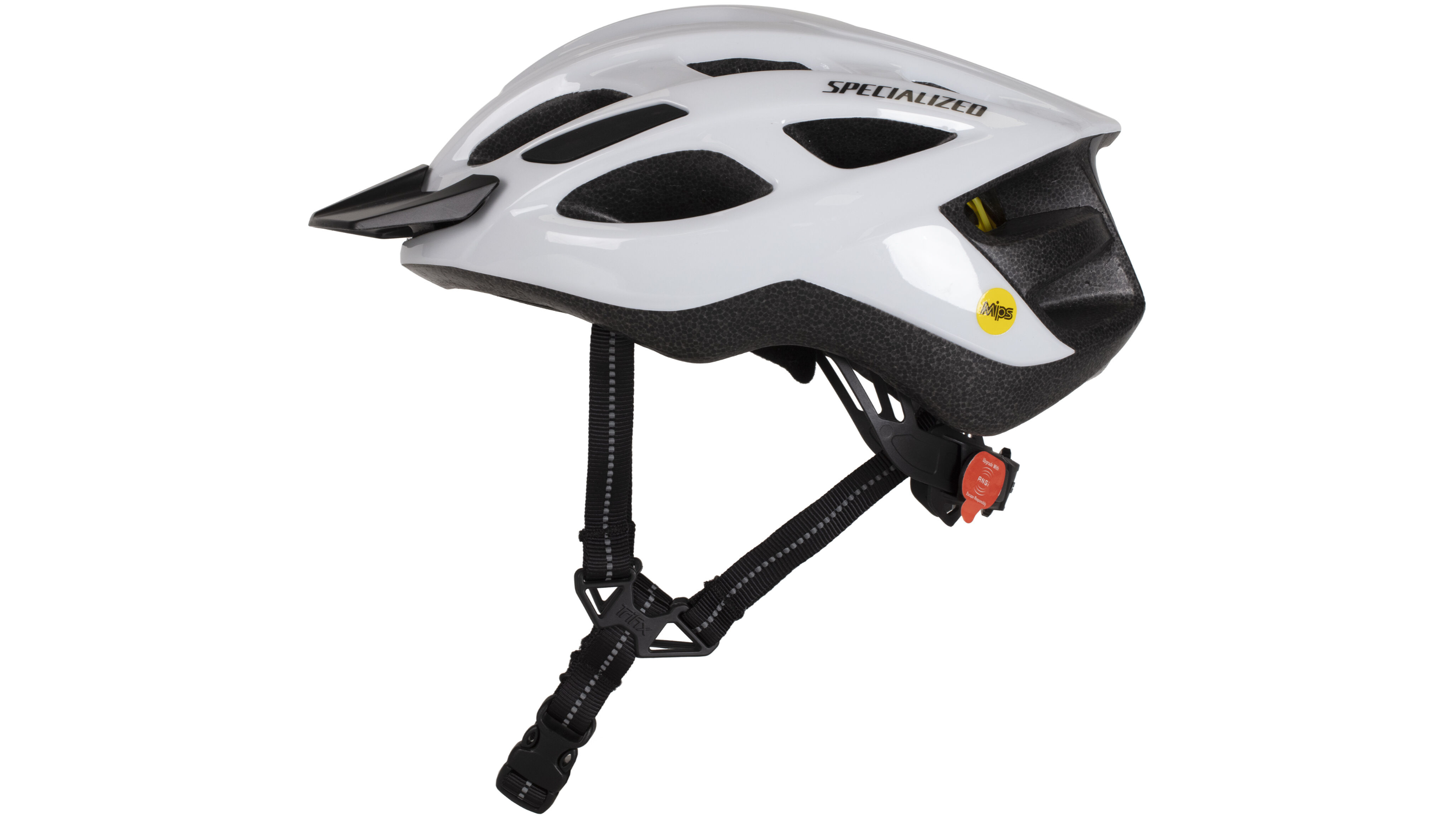
Specialized Chamonix MIPS
Specifications
Reasons to buy
Reasons to avoid
Known in the UK as the Chamonix MIPS, this is an impressively light and breezy lid that's ideal for XC or trail use. It's also well set should you venture onto the roads, with reflective decals and even reflective webbing straps for visibility.
Obviously, it also features the MIPS rotational impact protection system, and it's all set to take Specialized's ANGi crash sensor too, which is now available separately. ANGi detects high-G impacts and, via an app on your phone, will call for help if you're incapacitated.
The latest version seems to have lost the small peak and it's not the deepest for coverage either, so it's not one for aggressive riders.
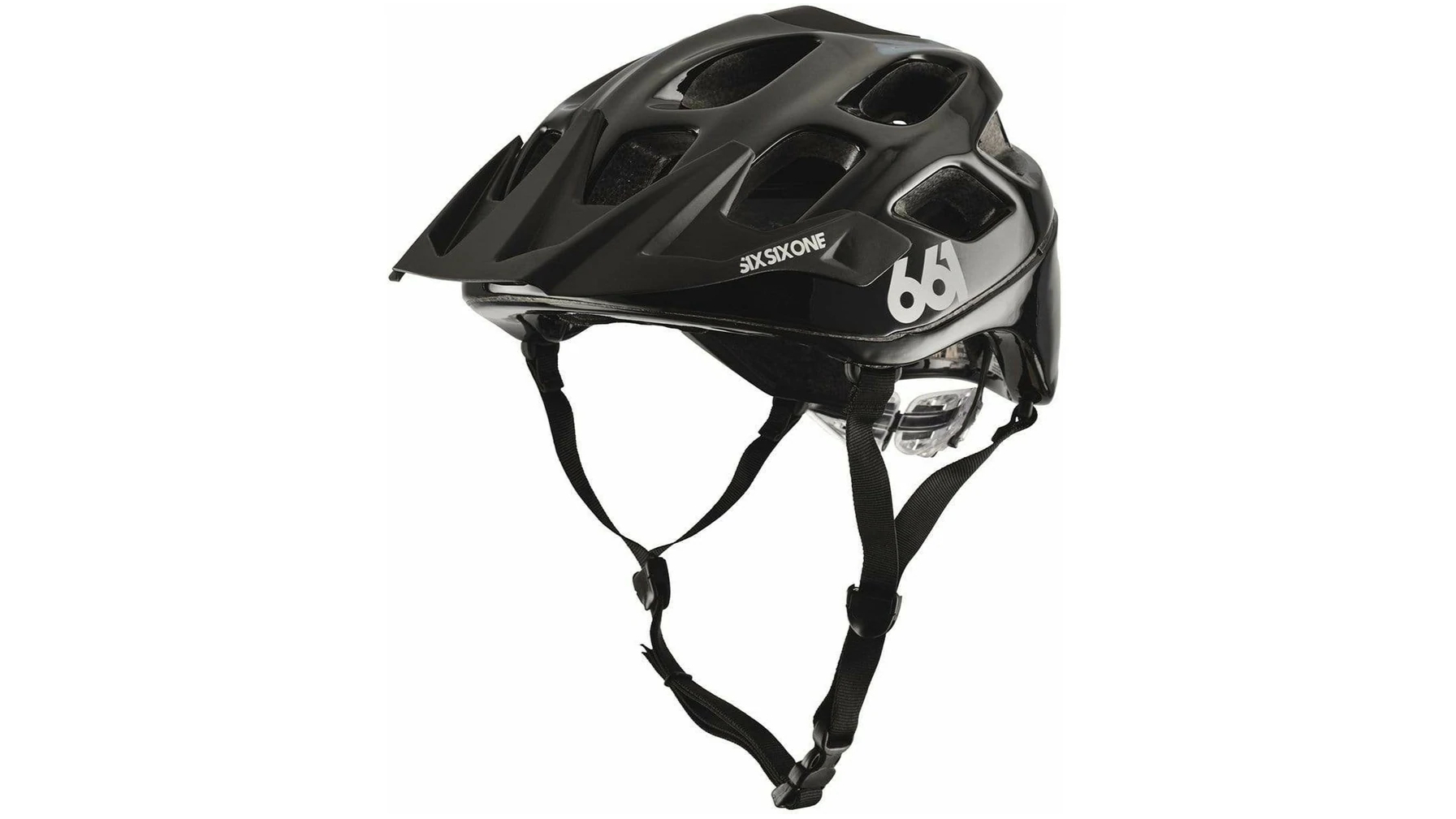
SixSixOne Recon Scout
Specifications
Reasons to buy
Reasons to avoid
The SixSixOne Recon Scout brings trail riding levels of head coverage at a good price.
Although this helmet does forego the slip-plane MIPS liner, it has a stout structure that covers a lot more of your head and neck than a conventional XC helmet.
Despite its ample coverage, the Recon Scout manages to be very light, at only 303g. A helmet of that mass makes it a lot more suitable for long days in the saddle, reducing the likelihood of neck strain.
Comfort levels are good, too, thanks to large ventilation ports, and there is a peak visor to shield your eyes from sun flare.
SixSixOne also uses a Boa-dial fastening system for its Recon Scout, which is both robust and precise, guaranteeing many seasons of accurate adjustment.
How to choose the right mountain bike helmet under $100
What mountain bike helmet safety features should I look for?
A decent level of head coverage is a big deal when it comes to the amount of protection a helmet offers. Most mountain bikers ride technical sections of trail, and if you do crash, it is best to have an extended helmet structure bracing your fall.
A deeper fitting helmet that enhances protection to the base of your skull is a very good idea and many of the best lower priced helmets these days provide this extra level of safety.
Some mountain bike helmets under $100 even have MIPS liners, which enhances protection still further. Once reserved for premium products, MIPS can now be found on more affordable helmets and is a great choice to help keep your head safe.
Should a mountain bike helmet have a lot of vents?
The more coverage a helmet provides, the greater your risk of discomfort riding on a warm day. Airflow is everything with regards to thermal comfort and perspiration mitigation.
It is challenging to design a helmet with ample ventilation. For each vent port that is created, designers are removing material. By using advanced computer modeling and software, they can predict where material can be removed to create superior airflow without exposing the wearer to increased crash injury risk.
There is no set number of vents that count as a benchmark, but helmets with more than 20 ports and some form of internal channeling across the head generally facilitate superior airflow. This is something that is most noticeable when you're moving slowly up a climb on a sweltering day.
Should a bike helmet be tight or loose?
Even the fanciest bike helmet in the world won't do its job if it doesn't fit correctly. Make sure to know your size before purchasing a helmet from an online shop. Most helmets come in several different sizes, so find out the circumference of your head with a tape measure and choose the appropriate size.
Your measurements don't need to be perfect as all helmets these days have adjustable straps dials. If you're really unsure, it's best to seek out advice at a bike shop and buy your helmet in person. Some brands and designs may fit your head better than others, so it's worth trying different models and brands to find the best fit for you.

Steve is a highly experienced journalist and rider who's been involved with bikes of all kinds for more years than he would care to remember. Based in South Wales, he has mile upon mile of swooping singletrack, an array of plummet and winch descents and everything in between right on his doorstep.
